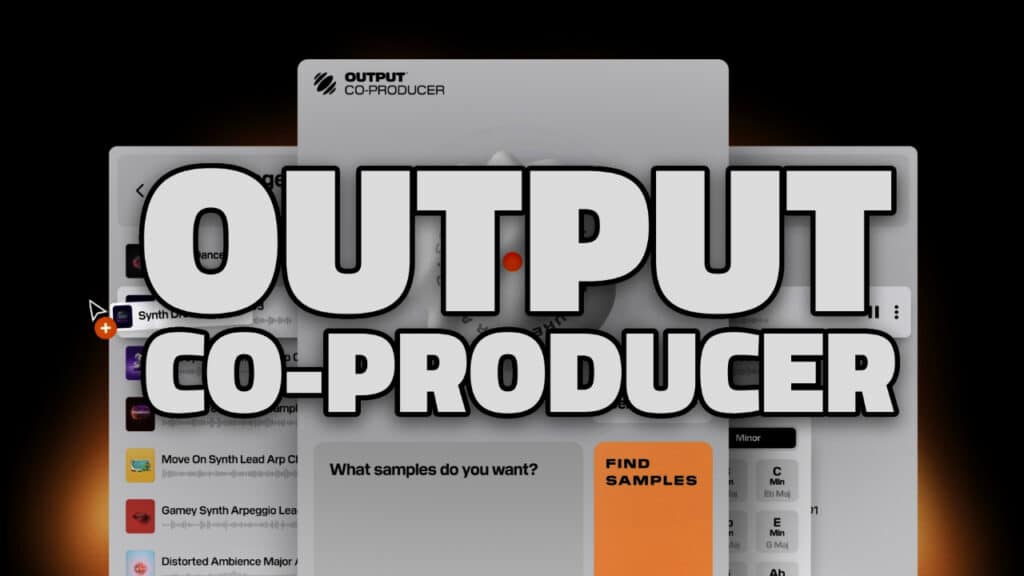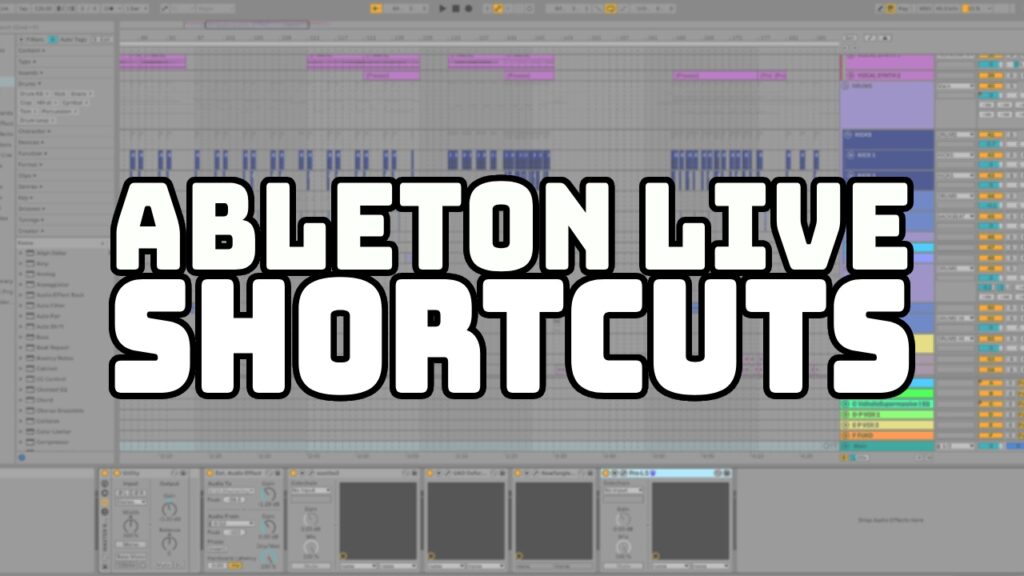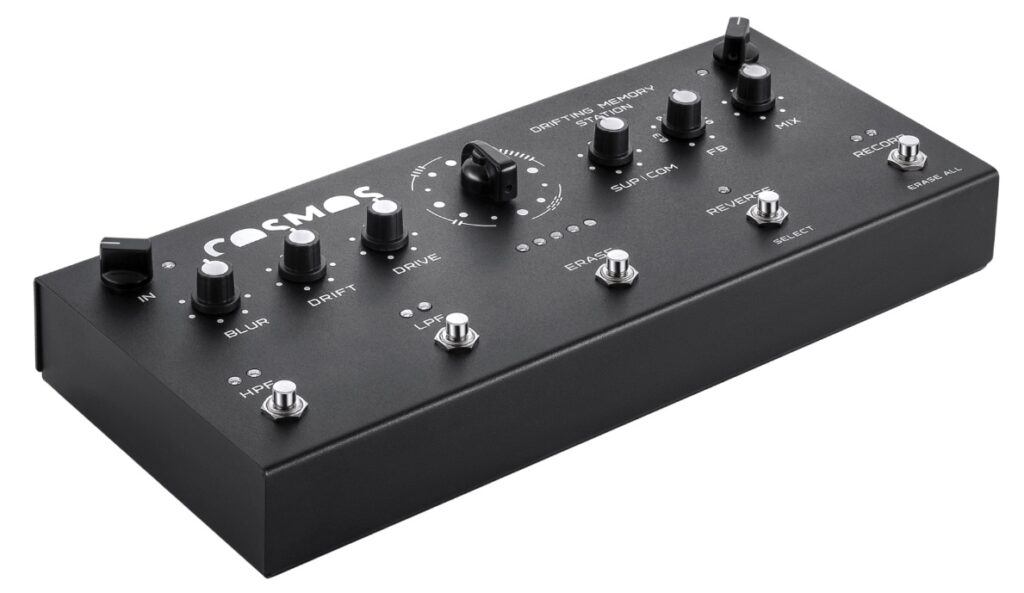The world of freelance audio and music production can be a bit of a mystery for those just starting. The idea of living solely on freelance work can seem scary and unpredictable if you’re used to being on payroll as an employee. But as someone who worked as a freelancer for close to 20 years, I can say that it can be lucrative and freeing. You decide what to work on and who to work with on a project-by-project basis. If you can hit the three keys to success in this article, you will always have work and will find that the most difficult decisions involve what work to turn down.
In 2012, acclaimed author, Neil Gaiman gave a speech to the graduating Arts Class at The University of the Arts (Philadelphia) in which he highlighted three basic elements that he believed were necessary for success as a freelancer. He went on to say that if you could achieve just 2 out of 3 you would still do reasonably well. I found these ideas to ring true, particularly in music and audio production, and I suspect in any field of interest. The same ideas can apply to working with a collaborator or even in a non-freelance or more “permanent” capacity. Below are these elements in no particular order.
DELIVER FREELANCE AUDIO WORK ON TIME
This one may seem like a no-brainer but you would be surprised how many people don’t take it seriously. If you commit to delivering work on a particular day at a specific time, use whatever time management skills you have to make it happen. For me, that means getting things done a day or two (or three) in advance. This allows for unforeseen circumstances that can typically happen. Hard drive crashes or other technical issues, weather-related power or internet outages, unexpected difficulties with the content in question, unexpected time conflicts with other projects, etc.
But be aware that delivering work on time does not imply delivering it earlier than expected is always a good idea. You might inadvertently generate unrealistic client expectations for the next project. Some people choose to hold back completed work until the deadline to avoid that situation. A lot depends on the client and their particular needs. If they are under the gun and you want to help them out with a fast turnaround, it might be good for your relationship. But just because you have the time to do it once doesn’t mean you always will, so tread lightly.
But being late is never a good idea. The person who expects delivery as promised does not want to hear excuses, as valid as they may be. The truth is if you waited until the last minute, no excuse is valid because you failed to allow for unforeseen problems. I’ve seen this a lot in higher education where students are still learning what it means to be responsible, but there is no place in the professional world especially in music and audio. These are highly competitive fields and there is always someone ready and willing to take your place. Delivering the work or showing up on time should be the easiest element of all three to be discussed.
DELIVER HIGH-QUALITY WORK
This is not just about how good the work is, but what it is. Are you delivering all the required elements? Simple things like file type, sampling rate, bit resolution, frame rate, file length, LUFS levels, etc. should be delivered as requested. If certain things are not specified, then it is up to you to ask the appropriate questions well in advance of the delivery date. “I was not told, blah, blah, blah…” is not an excuse. It is an admission that you failed to ask the right questions. Remember, the client is not the expert, you are.
But the work also needs to be great, not just good. This is super important especially when you are first starting out. In the beginning, you are establishing a reputation and the client will base everything they believe about you on your first project. People expect great work or they will look elsewhere. If this means you need to spend more time than you think is profitable, then so be it. Give yourself extra time as needed. Speed comes with experience and developing a productive workflow.
If you’re not sure what great work actually is, that’s another issue. Serious self-reflection and studying experts in the field is crucial for development. With all the resources available online there is absolutely no reason you can’t improve your existing skills. As with playing an instrument, if you find yourself feeling confident and comfortable you are probably not progressing, but are in a period of stasis. Push yourself every day to learn something new and challenging. Fill in those black holes in your knowledge that have always plagued you. Answer those nagging questions that keep you up at night. But do these things in your downtime, not when you’re in the midst of a project with a client anxiously tapping their foot with anticipation. Likewise, downtime is best for tackling technical issues with software or hardware. Those sorts of problems can kill a creative flow and trying to figure things out with a looming deadline is never a good idea.
Staying current is also crucial as technology is advancing exponentially. The relentless flow of new information can seem oppressive, so you need to find a few sources of reliable information to visit regularly. You need to know about new directions in the industry so you can offer informed opinions if called upon, which will make you a more interesting person all around.
BE EASY TO WORK WITH
How hard can this be? For some people–pretty hard. Not everyone is an extrovert. But there are a few simple things you can do to effectively convey information in a way that puts people at ease. This relates to both written and verbal communication. Be clear, concise, and timely. When you receive an email or message with a certain directive, always respond to indicate the message has been received. Non-responders are the worst people to deal with. It’s like having a one-sided conversation and things are left hanging without resolution. Sometimes a message as simple as “got it” or “I’ll get back to you shortly” can go far to relieve a great amount of anxiety for your client. Let them know you know what’s expected and that the work is in progress.
We’ve all worked with people that have negative attitudes and it’s clear that negativity is contagious and counterproductive. It leaves everyone feeling bad and does nothing to improve the situation. For some people, complaining or criticizing others comes naturally because of the false impression that it makes them look good in comparison. Sadly, it has the exact opposite effect. This sort of communication is everywhere on social media. The belief that you can elevate yourself by dragging others down is a miscomprehension. Certainly, there is a place for constructive criticism and when communicated in a way that is respectful and informative, it can be quite beneficial to the project at hand. But complaining for the sake of hearing your own voice or making snarky comments behind the back of a colleague will only make you look bad. No one wants to work with someone like that on a day-to-day basis.
CONCLUSIONS
Crushing these three elements will ensure you always have work as a freelancer. But as Neil Gaiman suggests, even nailing 2 out 3 will ensure success to some degree. If you’re awesome at what you do, and are a great person to work with, but show up 10 minutes late on a regular basis, people may tolerate that. If you deliver good work on time, every time, but are a bit of a jackass, you will probably still get the call. But if you consider that these 3 elements are all you really need, why not improve your chances and go for 3 out of 3?
You might have noticed the title of this article is 1099. Those more experienced readers will recognize this as the dreaded 1099 form for self-employment income. I feel a quick mention of the need for accurate record-keeping and an in-depth knowledge of all allowable tax deductions in your field is crucial. What’s the point of making the money if you end up paying huge chunks of it to the government? You should keep a running total of your income and expenses throughout the year so that when December comes, you can make informed decisions on how much should be reinvested. When you work for an employer, they pay half of Social Security and Medicare taxes, but self-employed people pay the whole amount which is currently 15.3%! So buying that new piece of gear might be a great idea!
The audio and music business has many areas where freelance work is the dominant practice. And this business attracts a ton of highly motivated and talented people that want to do the work. Mediocrity has no place in this world so you need to approach every project as if it’s your last. Be autodidactic throughout your career, stay current on technology, and always look for ways to improve and expand your skill set. Be on time, deliver great work, be that person everyone wants to be around and you’ll always be in demand.
EXTRAS
Assess your knowledge of essential audio concepts using our growing catalog of online Quizzes.
Explore more content available to Subscribers, Academic, and Pro Members on the Member Resources page.
Not a Member yet? Check the Member Benefits page for details. There are FREE, paid, and educational options.









